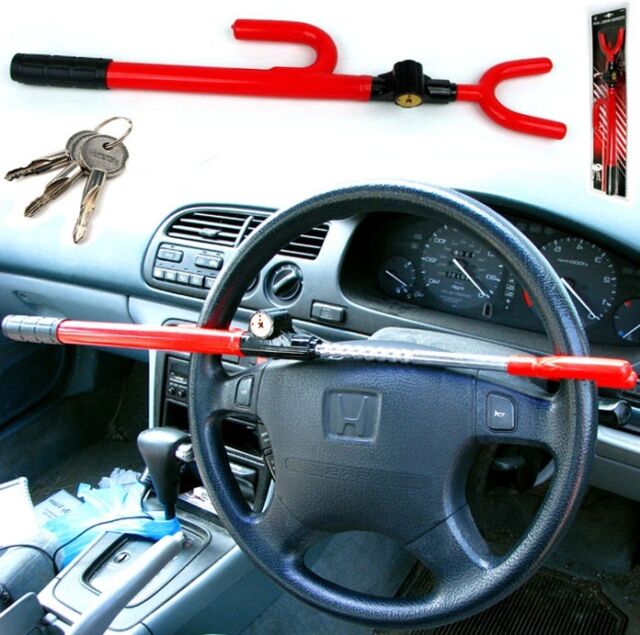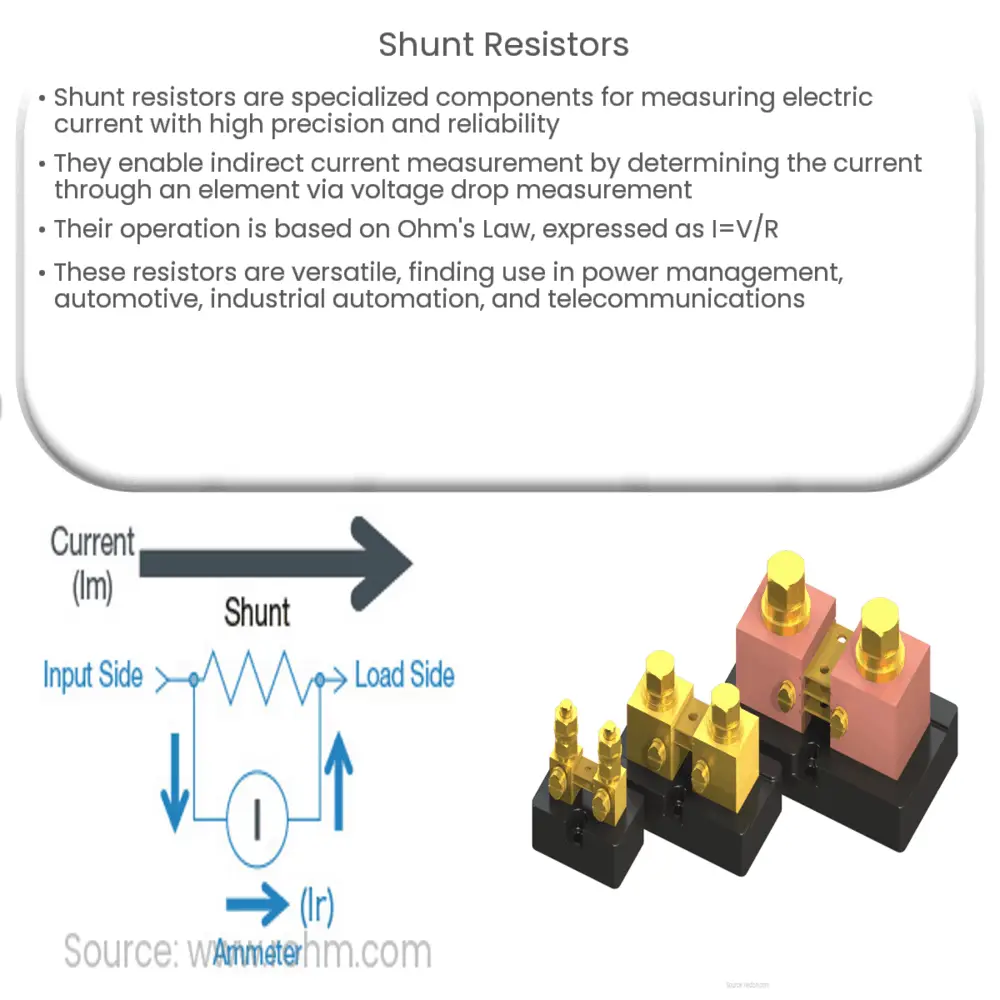ayeshakhan3
Newbie

I want multimeter for my car that can handle a variety of tasks such as
measuring voltage,
current,
resistance,
possibly more advanced features like diode testing and continuity.
I am searching on a website, but I can't decide what to order.
measuring voltage,
current,
resistance,
possibly more advanced features like diode testing and continuity.
I am searching on a website, but I can't decide what to order.







